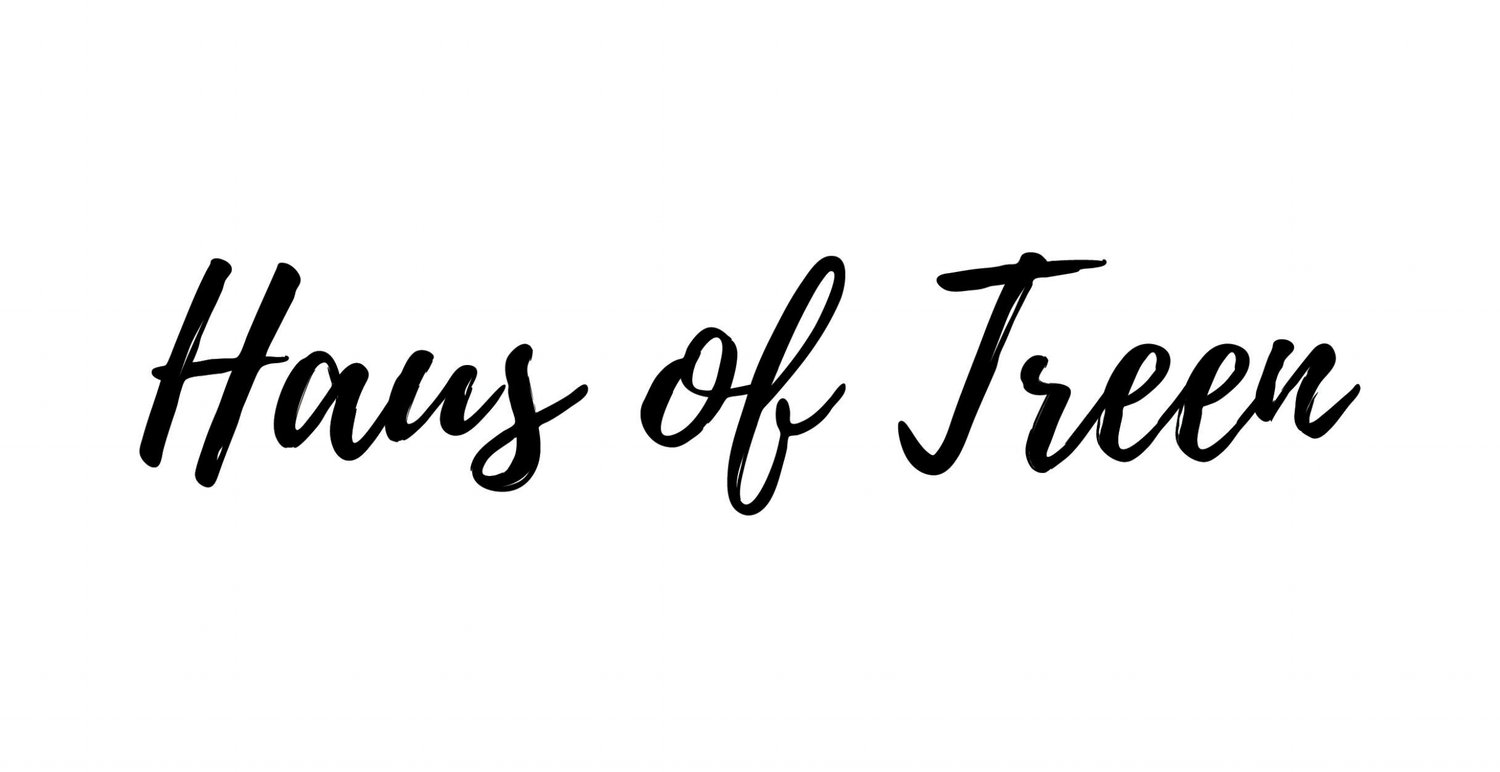The Importance of Rituals
I’ve been thinking about going to church. It’s been about six years since I attended. After my father died my faith was reduced to the barest of foundations. Moving to a new town I struggled to find a group of people that were able to accept and explore the overwhelming doubt I was feeling towards institutionalised religion. Fortunately, just recently, I’ve found a kindred soul in a mummy friend. Our discussions are crammed into the rare moments our children are playing independently. When I told her that I was thinking about going to church in the morning she asked me if I was looking for comfort. She knows this time of year is tough for me. Within six weeks there’s my father’s birthday and the separate anniversaries of my parents’ deaths. I knew that wasn’t it. Then she asked if I missed the ritual of going to church.
She went on to tell me that as a child every Sunday morning her family went to church followed by a lunch of cheese and baked beans toasted sandwiches. My family didn’t have a ritual like that. There was a portion of my wardrobe that were my ‘Sunday clothes’. God forbid I wear them any other time of the week unless it was a super special occasion. Dad moved jobs every couple of years, each time it meant a new town and new church. Every church ran a similar program; songs, tithing, communion, announcements, sermon finished off with a prayer and a song. It was like clockwork. My childhood Sundays were filled with this pattern.
Rituals are relaxing as they’re predictable patterns of behaviours that give life a sense of stability. It doesn’t matter what’s coming after because in that moment you know exactly what you’re supposed to do. The experience can be ethereal. That’s why many religions are based on ritualistic ceremonies. Repetitive behaviours allow the mind to relax, there is no confusion as to what is coming next. People can embrace the moment and focus solely on the experience. This openness to experience is the core of mindfulness, aka, being present in the moment.
These days the only ceremony I religiously attend to is my morning coffee. Getting up before my daughter to make and enjoy my coffee is grounding. In these early morning moments, I know what to expect. From the time it takes to boil the kettle, the sounds and smell of the beans grinding to the moment I get to spend a moment to enjoy the result. Every morning I perform this small ritual and my soul benefits.
I don’t know if I’m going to go back to church in the future. While I miss the structure and community, I’m yet to find a church compatible with my faith. Maybe going to church isn’t the answer. Maybe it’s building a life around these small routines. To be present in the moment and practice gratitude for the community I have. Maybe instead of church I could have my own service, with my friends, at our local coffee shop. Sunday brunch with friends, now that’s the type of ritual I could really get on board with.
